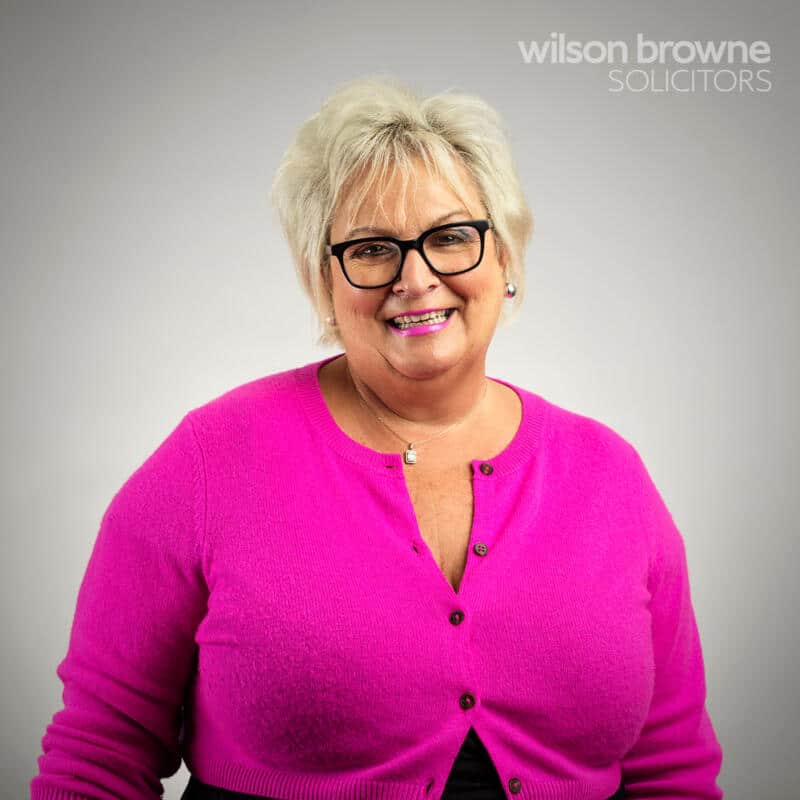Journalists Can Now Report From Family Courts
Reasons to choose Wilson Browne
Journalists can now report from Family Courts in England and Wales in what the UK’s most senior Family Judge has called a “watershed” change.
From Monday, accredited journalists will be able to speak to families about their ongoing cases, report what they see and hear in Court, and quote from key documents, provided they keep those families anonymous.
Helen York, Consultant in our Family Law Team, gives her commentary on the news:

Hearings are held in private and, whilst journalists have been allowed to attend since 2009, they have had no right to report.
The change in the law only applies to cases involving children.
The idea of granting the press greater access to the Family Courts is a contentious one, balancing transparency and accountability with the need to protect vulnerable individuals, particularly the children. It is thought that greater media access could help expose potential miscarriages of justice, ensuring the decisions are fair and free from bias. Allowing journalists to report on proceedings (with the necessary safeguarding in place) could improve trust in the family court system.
Transparency may deter unethical practices by professionals involved in cases, such as social workers, lawyers, or justices.
There is, however, real concern amongst the legal profession that family court cases often involve sensitive matters like abuse, neglect, or custody disputes. Increased press access risks exposing vulnerable individuals even with anonymity safeguards.
Media outlets, especially tabloids, may prioritise dramatic headlines over nuanced reporting, potentially harming families.
The fear of media exposure might discourage families from seeking help or being fully open in Court proceedings.
Should we consider a possible middle ground? This might allow accredited journalists in Family Courts with strict reporting restrictions to protect identities, to permit reporting of systemic issues without publishing case-specific details and to implement a clearer and more consistent framework for press access rather than a blanket approach.”
Joe O’Brien, Senior Associate in our Family Law Team, also gives his commentary on the news:

The President of the Family Division, Sir Andrew McFarlane, has called this a “watershed moment for family justice” with it being of fundamental importance for the public to have greater confidence in, and understanding of, the family courts.
Some have praised the changes, noting that the greater transparency will improve public trust and confidence. Once such example was a case reported on by the BBC in Cardiff Family Court where a young mother, whom they called “Bethan”, spent £30,000 to protect her young daughter. Her ex-husband, the child’s father, had been convicted of multiple paedophiliac offences. The court agreed he should lose parental rights over the little girl.
Bethan told the BBC that she thought the new regime was “fantastic news“. She said “allowing reporting in the family court sheds light on issues that the public should have the right to know about”.
Others are less enthusiastic and observe that confidence in the system could in fact be undermined. By their very nature, family cases involve disclosure of potentially very personal and sensitive information and previously, parties would have the reassurance of their case remaining private. Whilst names still cannot be reported in the media, some fear that there will be enough information for the anonymity to be lost in all but name.”

